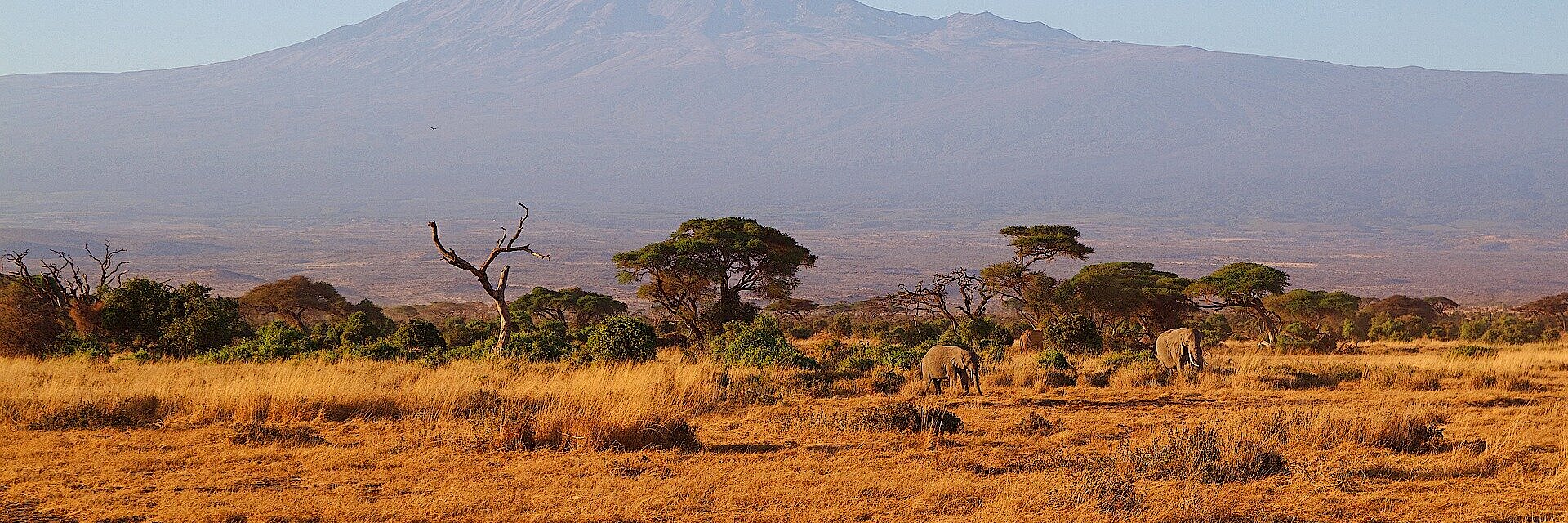Biodiversity essential for maintaining ecosystem functions

Biodiversity boosts ecosystem performance
In a large-scale study in Tanzania on Mount Kilimanjaro, researchers investigated the extent to which environmental diversity makes a difference to positive effects of biological diversity on ecosystems. For this purpose, diversity effects of microorganisms, plants and animals were investigated in 13 natural and man-made ecosystems on Kilimanjaro.
The researchers were able to prove that biodiversity in particular promotes the performance of ecosystems. The important processes of an ecosystem therefore function better the higher the biological diversity. A diverse environment additionally promotes this positive effect of biological diversity. This means that if the environmental conditions of an ecosystem are diverse, for example the soil composition or the climate, this can additionally promote the positive effect of biological diversity on ecosystem functions. However, if more and more land is used intensively worldwide and thus becomes more homogeneous, this weakens the positive effect.
Regional nature conservation measures should aim to preserve biodiversity
The study also examines which aspect of biodiversity - species diversity or species turnover - benefits ecosystems the most. It shows that species diversity plays a greater role for functioning ecosystems than species turnover, i.e. the change in species composition along altitudinal gradients.
According to the scientists, regional nature conservation measures should therefore aim to preserve biodiversity. The study results prove that biodiversity is not only important on a small scale, but that the effects become even stronger in large-scale landscapes. The protection of biodiversity is therefore essential for the continued existence of many ecosystems.
Dynamic agroforestry
The results of the study support the positive effects of our work in our national and international projects. In these projects, we are using the Dynamic Agroforestry cultivation method to reforest and to adopt a more sustainable approach to agriculture. Thus, in Dynamic Agroforestry, cultivation is carried out true to the motto: "The higher the biodiversity, the healthier and more stable the agriculture and the associated ecosystem". In order to counteract the intensive use and homogenisation of land, promote biodiversity, support farmers and thus protect ecosystems in the long term, we are therefore promoting the sustainable cultivation method "Dynamic Agroforestry" both in Germany and worldwide.
Source: